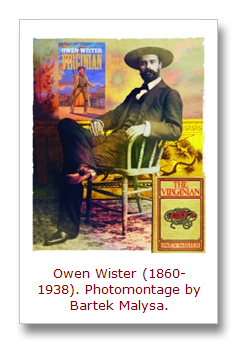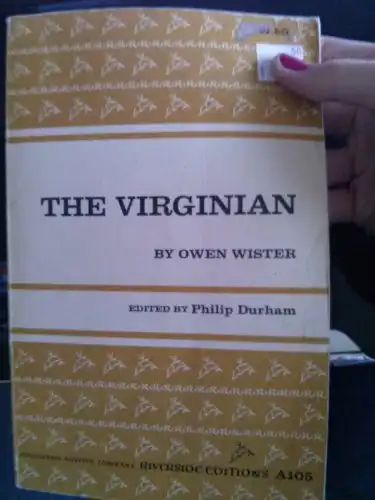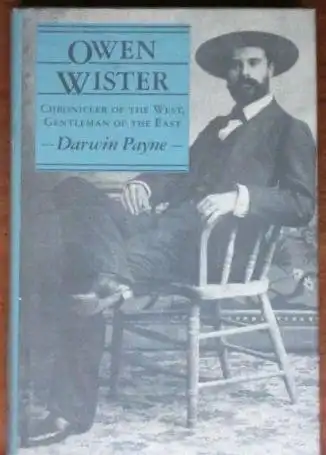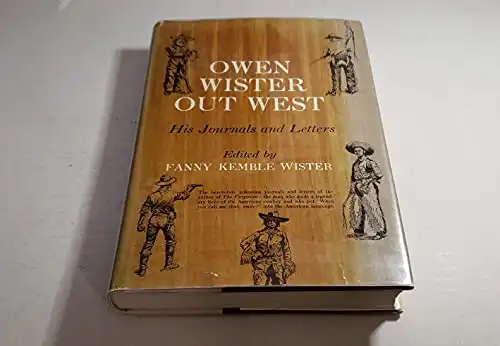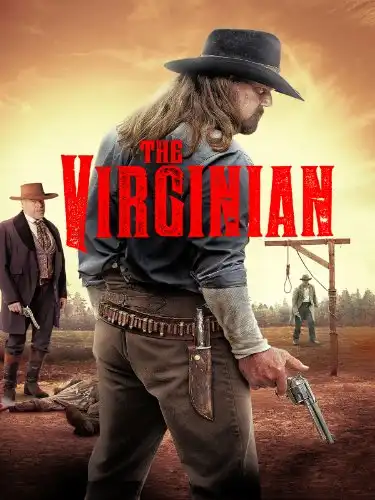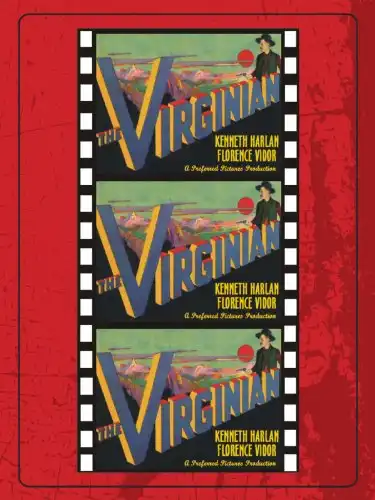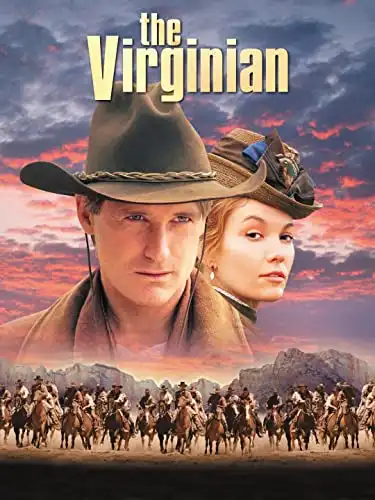When the groundbreaking Western novel The Virginian by Owen Wister was first published on May 28, 1902, no one could have known that it would become so famous — or that it would create basic formulas used ever since in Western novels, movies, radio and TV shows.
Stories about cowboys, Indians, outlaws, lawmen, gunfighters and settlers were common in the “penny dreadfuls” and “dime novels” published in the last half of the 19th century. They had also appeared in magazines such as Harper’s, which published Wister’s first Western short stories.
But literary scholars generally consider The Virginian to be the first “serious” Western novel and the prototype for the modern cowboy story genre.
Elements of the book are loosely based on the real “Johnson County War” of 1892, a bloody clash between big landowners and small ranchers in Wyoming.
The lead character of Wister’s novel is a cowboy simply referred to as “the Virginian.” He’s tough, honorable, taciturn and fast on the draw.
Many of the characters, settings and storylines in the book created iconic templates for Westerns that followed in print and on film.
The Virginian also gave us one of the iconic Western quotations: “When you call me that, SMILE!” (commonly misquoted as “Smile when you call me that!”)
This comes from a scene in which the Virginian is playing poker with the novel’s villain, a cowboy named Trampas. Here’s the part that includes the famous warning:
It was now the Virginian’s turn to bet, or leave the game, and he did not speak at once.
Therefore Trampas spoke. “Your bet, you son-of-a–.”
The Virginian’s pistol came out, and his hand lay on the table, holding it unaimed. And with a voice as gentle as ever, the voice that sounded almost like a caress, but drawling a very little more than usual, so that there was almost a space between each word, he issued his orders to the man Trampas: “When you call me that, SMILE.” And he looked at Trampas across the table.
Yes, the voice was gentle. But in my ears it seemed as if somewhere the bell of death was ringing; and silence, like a stroke, fell on the large room.
The classic 1929 film based on Wister’s novel popularized a different version of the “smile” line.
In that film, Gary Cooper stars as the Virginian. His confrontation with Trampas, played by Walter Huston, occurs at the saloon’s bar instead of a poker table.
When Huston calls Cooper a "long-legged son-of-a-", Cooper cuts him off in mid-epithet and says: “If you wanna call me that, smile.”
This 1929 movie adaptation of The Virginian probably led to the “Smile when you call me that!” misquote.
Huston has a great response in the movie that’s not in the book.
“With a gun against my belly,” he says, “I always smile.”
Another classic film adaption of The Virginian was made in 1946. In that one, Joel McCrea plays the title character and the “smile” line he uses is the same as in the novel.
When I was growing up in the 1950s and 1960s, “Smile when you call me that” and “Smile when you say that” were frequently used as joking comebacks.
I remember they were favorites of my father and his old Army buddies.
I don’t often hear people using those once-popular variations of the book and movie lines nowadays.
But whenever I do hear them, it does makes me smile.
* * * * * * * * * *
Comments? Corrections? Post them on the Famous Quotations Facebook page.
Related reading…


